Our Stories
Botswana Strengthens Monitoring of Illegal Killing Elephant Mortalities in the Chobe National Park
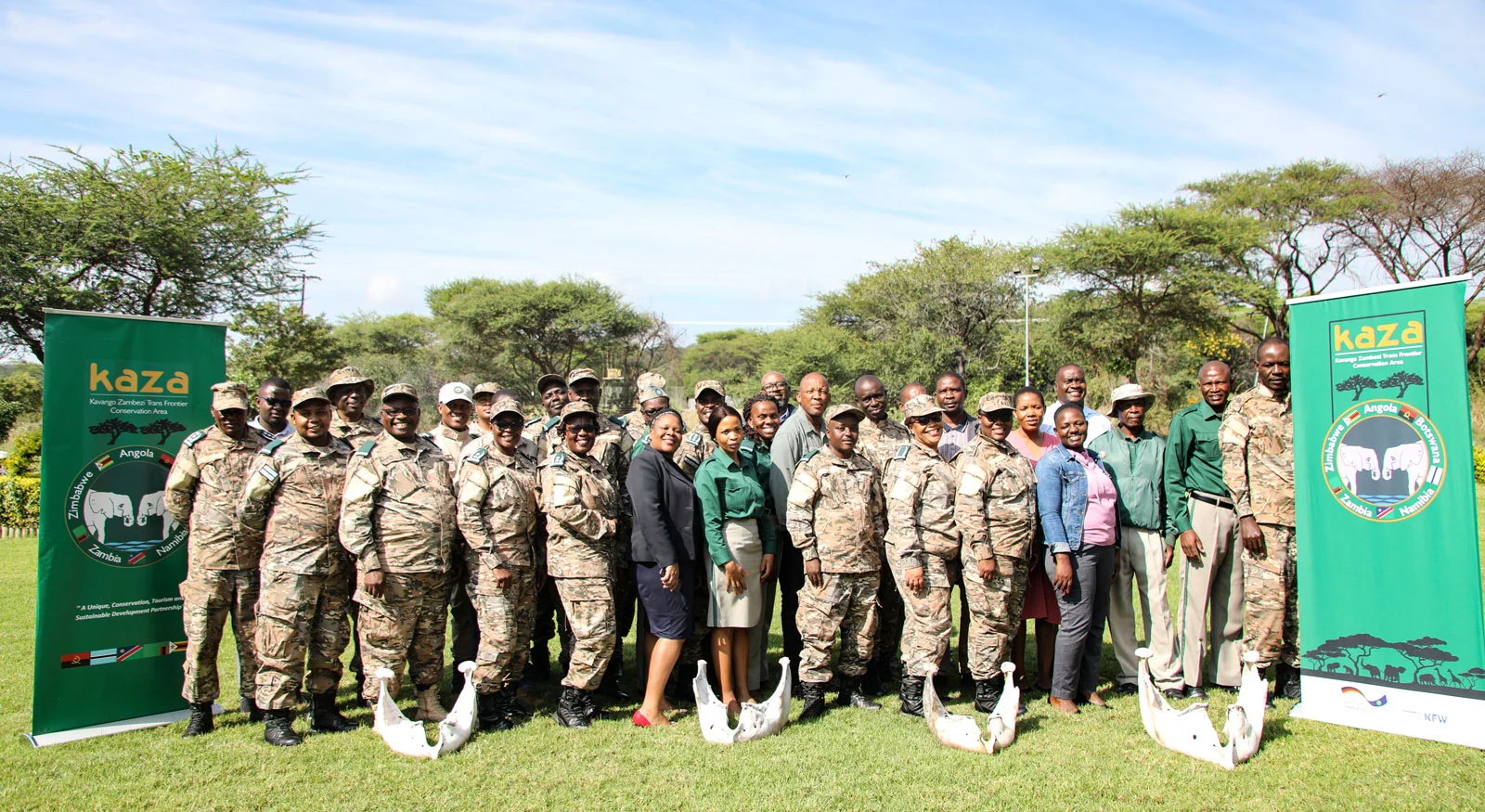
Botswana’s Department of Wildlife National Parks (DWNP) recently conducted an intensive practical training of 74 staff members to enhance and strengthen law enforcement capacity through use of the Convention on International Trade in Endangered Species of Wild Fauna and Flora (CITES)’s Monitoring of the Illegal Killing of Elephants (MIKE) programme tools.
The training was organised as a three-day workshop for three cohorts of Rangers from the greater Chobe National Park including its sub-stations. It was conducted with support from the Federal Republic of Germany, through the Germany Development Bank – KfW, using funds under the Kavango Zambezi Trans Frontier Conservation Area (KAZA TFCA) Phase III Project.
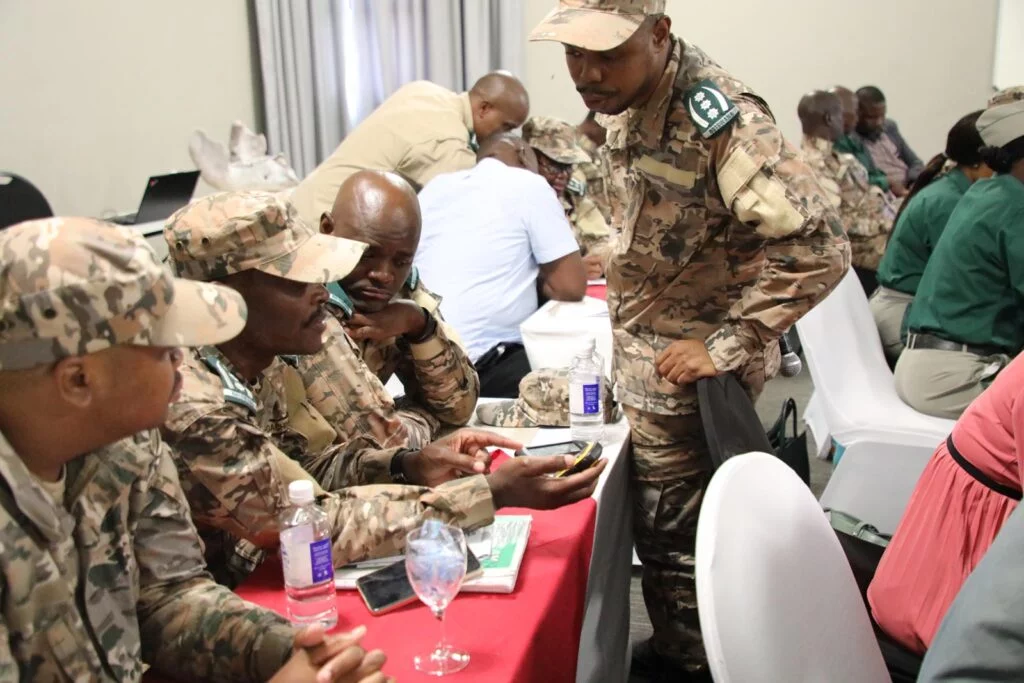
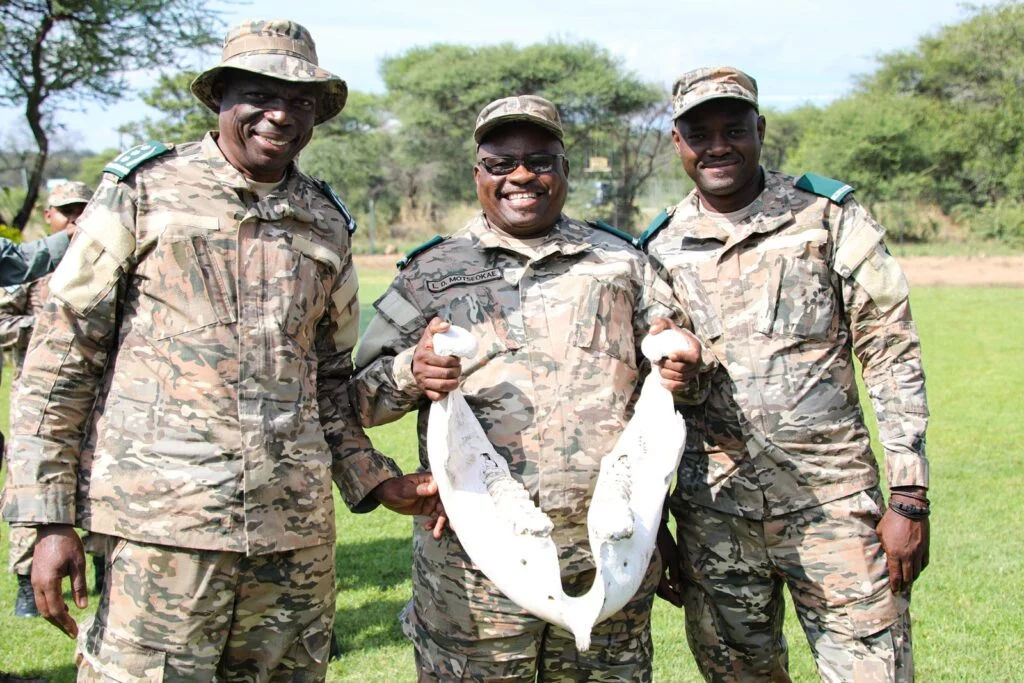
Coming on the heels of the 2022 KAZA-wide elephant survey, in which Botswana accounted for more than 50% of the KAZA elephants, the training focused on Chobe National Park, the country’s only MIKE site, as a DWNP initiative and internal efforts to improve its law enforcement monitoring capacity. Trainees were drawn from across DWNP’s management divisions including human wildlife conflict, law enforcement, investigations and research. Effectively, guided by the MIKE programme and standards, the training will augment Botswana’s elephant population through monitoring trends in illegal killing of elephants and foster informed management decisions.
The MIKE programme encompasses a suite of tools designed to monitor elephant management within the framework of mortalities and their various causes. Emphasis was on ability to accurately account for cause of deaths, prediction of resultant population decline, or growth projections so that corrective actions may be instituted.
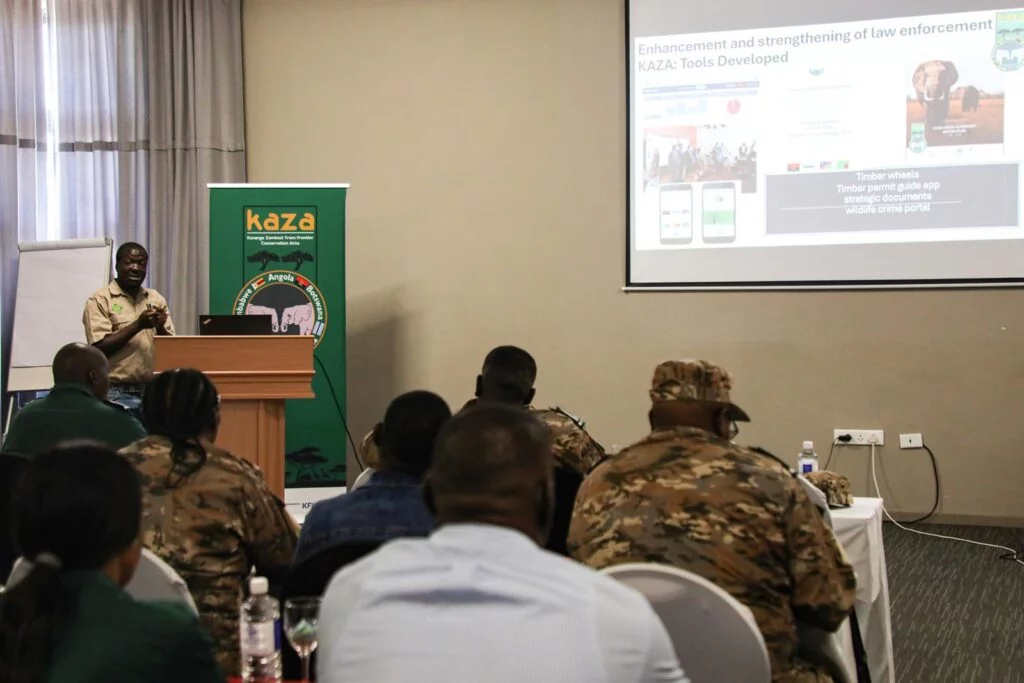
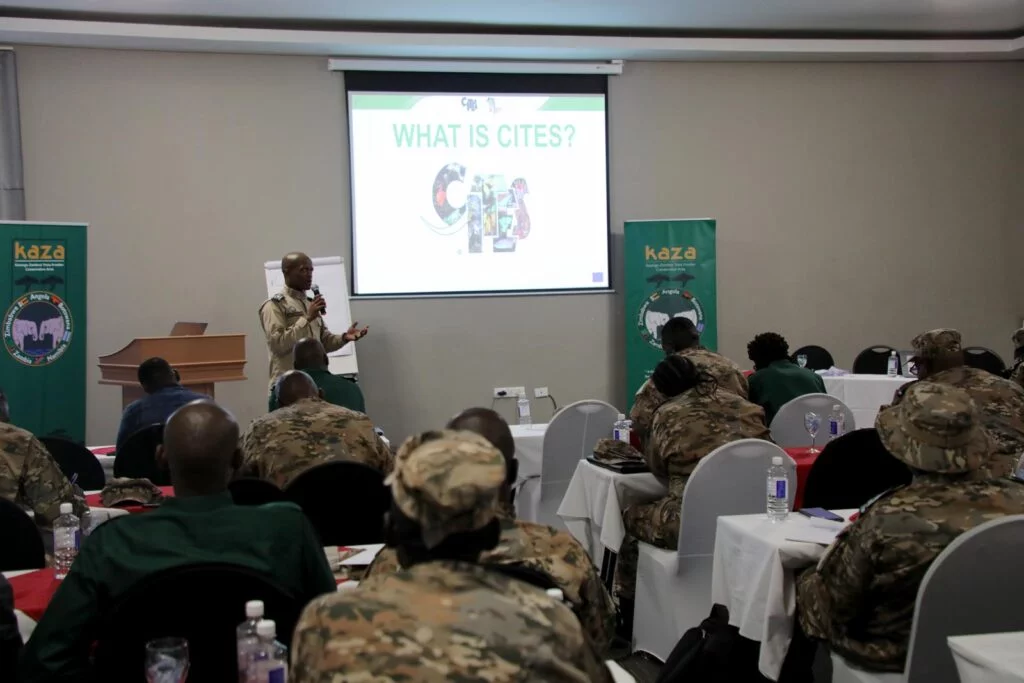
The training brings the total number of trained personnel from 13 in 2022 to 87 in 2025. It is envisaged through this training, that Rangers from DWNP will be better able to gather, collate and query elephant mortality data in an improved and accurate manner and thus providing a reality check on the institution’s management and law enforcement capacity. Similar expectations are anticipated at a Southern African Development Community (SADC) level to which the data from Botswana will contribute, thus further improving the mortality outlook and the regional law enforcement status.
An immediate result of Botswana’s training is the increase in the number of trained personnel, from 13 to 87, which is expected to improve Botswana’s performance under the CITES – MIKE programme annual reviews which, between 2020 and 2024, was characterised by an increase in data queries and reduced scores under the programme’s annual reviews. Improvements are anticipated in recording of causes of death, determination of factors such as age, decay stage, sex, Geographical Position System (GPS) points and unrecorded information of elephant carcasses. Combined with rolling-out of the innovative Spatial Monitoring and Reporting Tools (SMART), the training is also expected to enrich the volume and quality of Botswana under the CITES MIKE programme.
Speaking during the opening of the first training session, the KAZA Secretariat’s Executive Director, Dr. Nyambe Nyambe emphasized the need for law enforcement officers to have a comprehensive toolkit of specialist skills in technical, analytical and management capacities for DWNP to fully realise the value of law enforcement operations. He also reiterated the importance of this initiative by Botswana, creating a replicable model for other KAZA Partner States.”
The training also builds on the successful implementation of a CITES MIKE project funded by the European Union, which was based on the Kwando Wildlife Dispersal Area Joint Law Enforcement Action Plan and implemented from 2019 to 2022 by the KAZA Secretariat and Peace Parks Foundation in three of KAZA’s MIKE sites: Luenge-Luiana in Angola, Bwabwata in Namibia, and Sioma Ngwezi in Zambia. It will also assist Botswana’s efforts to deliver on obligations under different multilateral environmental agreements, the SADC Law Enforcement Action Plan as well as implementation of some of the recommendations from the KAZA Elephant Survey.
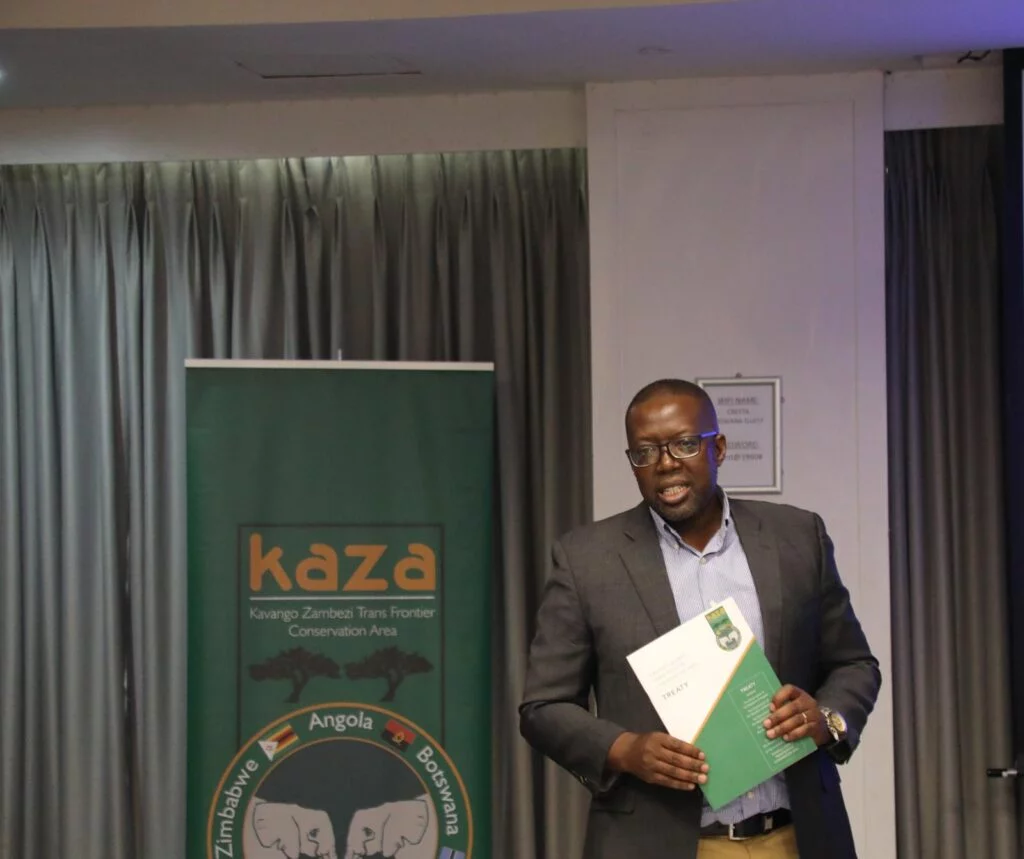
Furthermore, the recently started 4-year EUR 5 million project ‘Green Growth for KAZA: Leveraging KAZA’s natural capital and cultural heritage for inclusive socio-economic development’ has components that support law enforcement efforts in addressing illegal wildlife trade.

